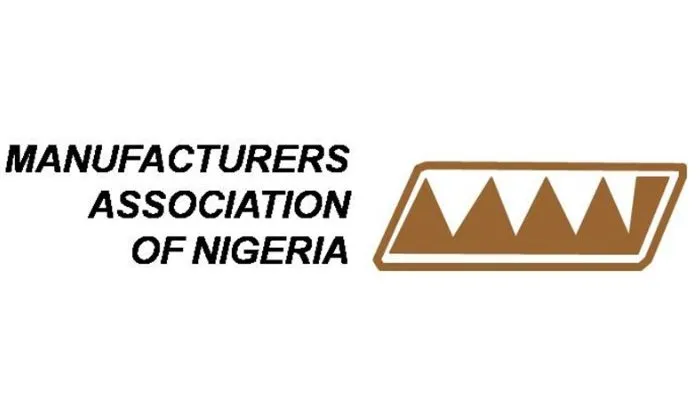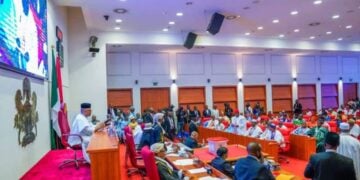The Manufacturer Association of Nigeria (MAN), said with the increase in the Monetary Policy Rate (MPR), manufacturers will pay over 35 per cent on their credit facilities.
The director-general of MAN, Segun Ajayi-Kadir said this in his reaction to the report of the Monetary Policy Committee (MPC) meeting held on September 23 and 24, 2024.
In a bid to further stabilise the economy, the CBN announced an increase in the Monetary Policy Rate (MPR) by 50 basis points, raising it from 26.75 per cent to 27.25 per cent. The committee decided to maintain the asymmetric corridor around the MPR at +500 to -100 basis points. Additionally, it raised the Cash Reserve Ratio (CRR) for deposit money banks by 500 basis points, increasing it from 45 per cent to 50 per cent, and for merchant banks by 200 basis points, raising it from 14 per cent to 16 per cent.
Ajayi-Kadir explained that the decision to raise the MPR to 27.25 per cent has far-reaching implications for the manufacturing sector in Nigeria.
“The continued increase in interest rates, which now totals 15.75 percentage points since May 2022, would compound the challenges faced by the sector, including rising production costs in the face of declining consumer purchasing power.
“With the increase in borrowing costs, manufacturers will now pay over 35 per cent on their credit facilities. Clearly, this will lead to an increase in production costs. higher prices of finished goods, lower competitiveness and production capacity expansion.”
According to MAN DG, the impact of higher interest rates goes beyond compounding the challenges of manufacturers, it stifles opportunities for investment in crucial areas such as technology, retooling, and expansion within the manufacturing sector.
“Manufacturers will, all the more, be compelled to choose servicing existing credit facilities over expansion and investment in new product lines. For instance, over the first six months of the year, manufacturers incurred more than N730 billion in capital expenses due to the continuous rise in interest rates imposed by commercial banks.”
He noted that this dilemma hampers innovation, productivity and growth, saying that the manufacturing sector is grappling with depressed consumer demand, primarily driven by lower purchasing power.
“This decline has severely hampered capacity utilisation within the sector. Data from the first half of the economic review published by the MAN reveals a troubling trend: the value of unsold finished goods inventory surged by 42.93 percentage points, reaching N1.24 trillion compared to N869.37 billion at the close of 2023.”
He explained that “this growing stockpile of unsold products underscores the difficulties manufacturers face in a weakening market. The broader implications of these challenges threaten not only the manufacturing sector but also the Nigerian economy as a whole.”
Ajayi-Kadir noted that this increase is coming at a time that Central Banks, in other climes are either retaining or cutting rates, saying it is therefore expedient that government adopt a holistic and balanced approach to policy formulation and decisions, with due consideration of their overall impact on the various sectors of the economy, particularly the productive sector.
He added that price stability is crucial, and so is the survival and growth of the manufacturing sector, adding that “this should be top priority at this time and is in line with the government’s avowed commitment to growing domestic production, creating more jobs and alleviating poverty.”





